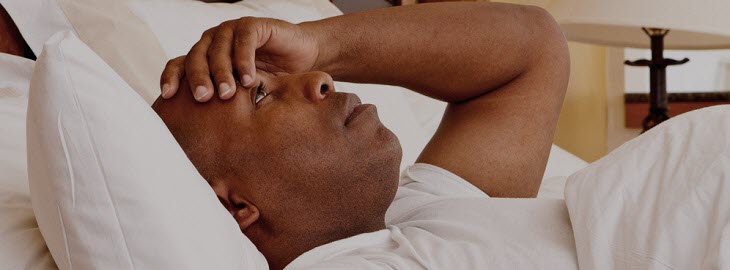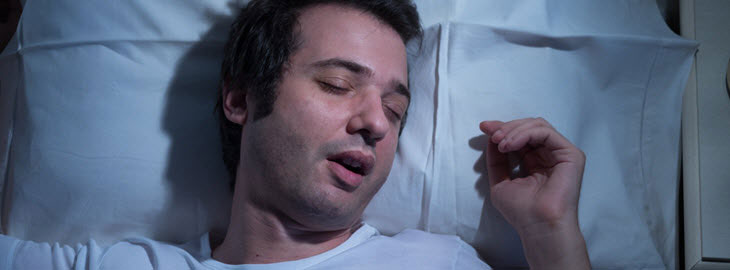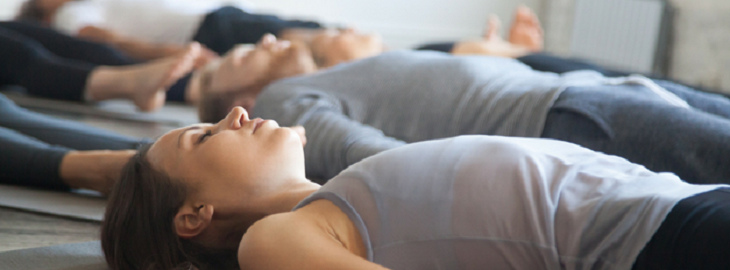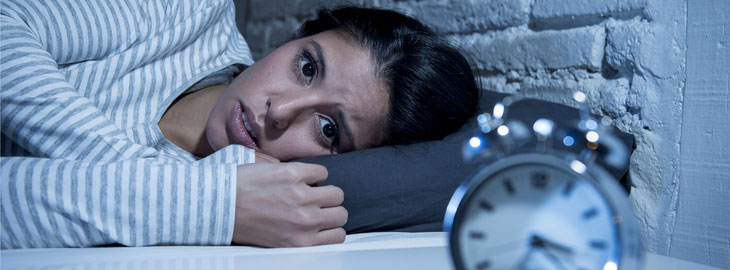
Trouble catching your ZZZs during the day? Here are 7 sleep tips for shift workers
Our expert explains the best sleep schedule for night shift workers and more
When we don’t sleep well, it makes life tough. We have little energy for work or school, focusing is almost impossible and all we really want to do is go back to bed.
Unfortunately, these are feelings that shift workers know all too well. Getting a good day’s sleep tends to be even harder than getting a good night’s sleep. And it can seem almost impossible to get into any sort of sleep rhythm when you have to frequently switch between a day schedule and a night one.
But don’t despair. If you work overnight hours for your job, there are ways to get better, more fulfilling sleep during the day.
Here are 7 tips and tricks for sleeping better when you work the night shift:
-
Make sleep a priority.
The sleep schedule that works best is the one where you actually put sleep at the top of your to-do list. Although you might want to be doing other things, it’s important to plan your daily activities, exercise and events around the 7 to 9 consecutive hours you designate for sleep. Let family, friends and neighbors know what these certain times that you set out for sleep are, so they don’t disturb you. Most will be happy to accommodate your sleep schedule, since almost everyone is more enjoyable to hang out with when they’re well-rested.
-
Set the mood in your bedroom.
If your room isn’t ready for bedtime, neither are you. Make your bedroom as dark as possible to mimic nighttime by using blackout shades or curtains. And if noise is a problem, try downloading a white noise app on your phone. Fans work great, too. Lastly, your body is picky when it comes to sleeping temperature. Set the thermostat between 65 and 70 degrees for ideal sleep conditions.
-
The sun is not always your friend.
As much as you might miss sunlight, try to avoid it as much as possible when your night shifts end. Try to get home quickly, and wear sunglasses to keep up that nighttime vibe. You don’t want your body to know it’s daytime. Because then your internal clock won’t let you sleep.
-
Try a bright light in your office or workspace.
On the flip side, you want to trick your body into thinking nighttime is daytime. Make sure you get 3 to 4 hours of bright light right after you wake up. And then, during the first few hours of your shift, turn on a bright lamp next to you. Bright light helps increase our concentration and focus. Be sure, though, to shut it off an hour or two before you go home so as not to delay your body’s production of melatonin (a hormone that helps us sleep).
-
Choose your meals wisely.
Stay away from spicy or heavy meals during and after your work shift. These foods are hard to digest to begin with and when you sleep, your digestive system slows down even more. If your belly is left feeling overly full and uncomfortable, it will make for restless sleep. So if you’re hungry, it’s best to eat a small snack of nuts and crackers, or bread and cheese.
-
Watch the caffeine.
I get it. Coffee might be the only thing getting you through the start of your shift. But limit it to one or two cups – and then put it away. Caffeine can stay in your system for up to seven hours. And that means when you crawl into bed, it could still be lurking and ready to make sleeping a nightmare.
-
Give yourself some time to wind down.
After a hectic shift at work, it’s difficult to fall asleep right away. So don’t crawl in bed just to toss and turn as soon as you get home. Instead, give yourself a half hour or so to get your mind off your stress. Reading a book or stretching are good options for this. But avoid looking at screens like your phone or the TV. These devices give off a lot of bright, blue light. This is the same light that’s important for keeping you awake at work – so it will also make it harder for you to sleep.
Need a little extra help adjusting to a shift work sleep schedule?
If you continue to have a tough time getting restful sleep, talk to your doctor about possibly seeing a sleep specialist. A specialist can help you create a schedule that works best for you. And we can be a key part of your support system as you work on adjusting to your job’s hours.
Our organization has sleep experts who practice at locations across the Twin Cities, central Minnesota and western Wisconsin. Check out sleep care services available at:
- HealthPartners and Regions Hospital Sleep Medicine
- Park Nicollet Methodist Hospital Sleep Care
- HealthPartners Central Minnesota Clinic Sleep Medicine
- Hudson Hospital & Clinic Sleep Health Center
- Lakeview Hospital Sleep Health Center
- Westfields Hospital & Clinic Sleep Study Clinic
About Richard Blackburn, PhD, LP, CBSM
Dr. Richard Blackburn is Board Certified in Behavioral Sleep Medicine by the American Board of Sleep Medicine. He practices at the Regions Hospital Sleep Health Center in Maplewood and works to help patients overcome sleep problems to improve their quality of life. Dr. Blackburn specializes in treating chronic insomnia, delayed and advanced circadian rhythm disorders and nightmares. And he’s passionate about helping patients who are struggling with CPAP be successful with that treatment. In his free time, Dr. Blackburn enjoys bicycling and motorcycling. Each year, he and his wife take a long motorcycle trip. Past destinations have included Lake Michigan, Vegas and Yellowstone. And this year, they’re headed to Banff National Park in Alberta, Canada.



